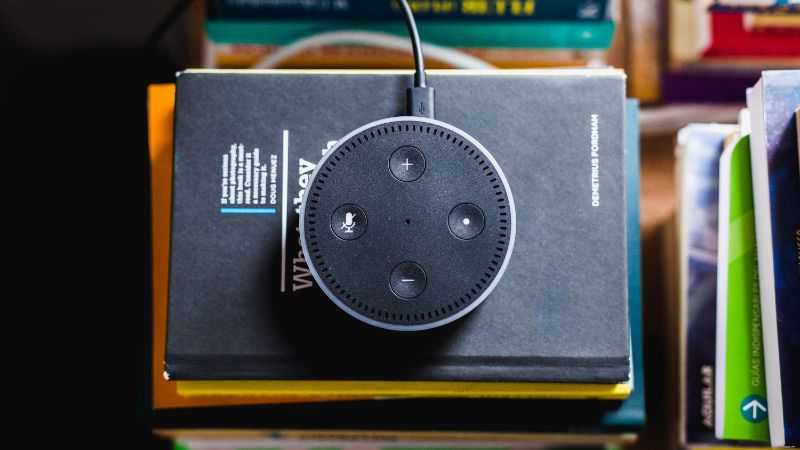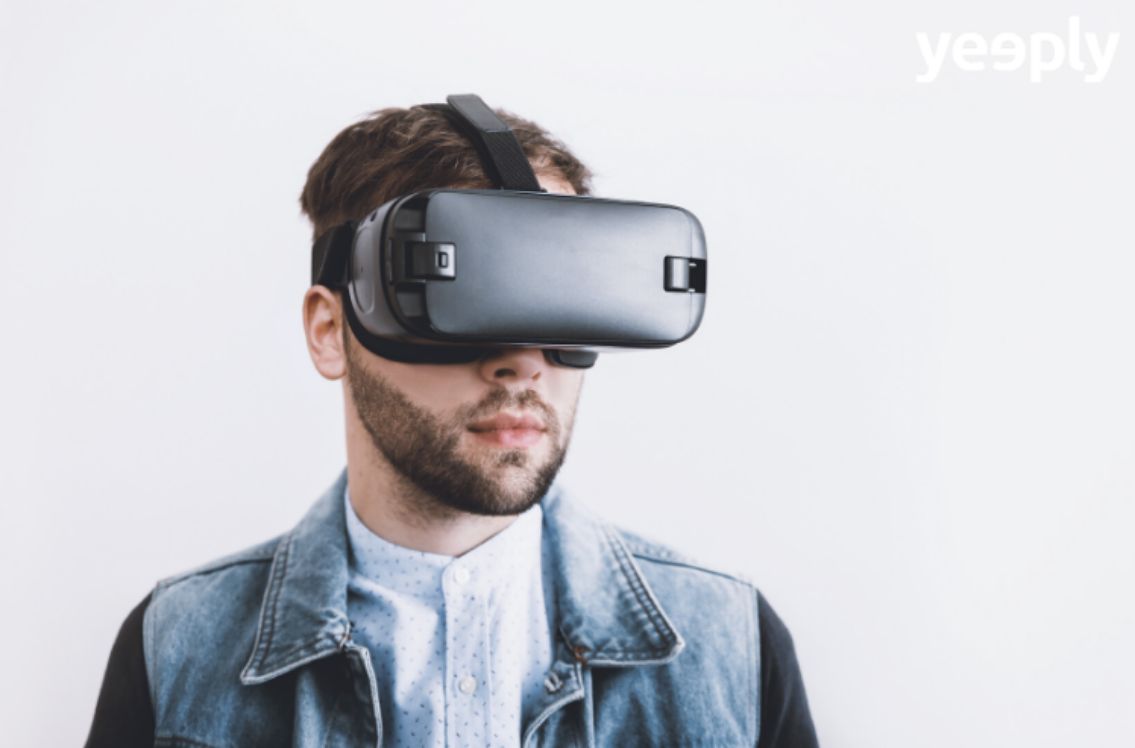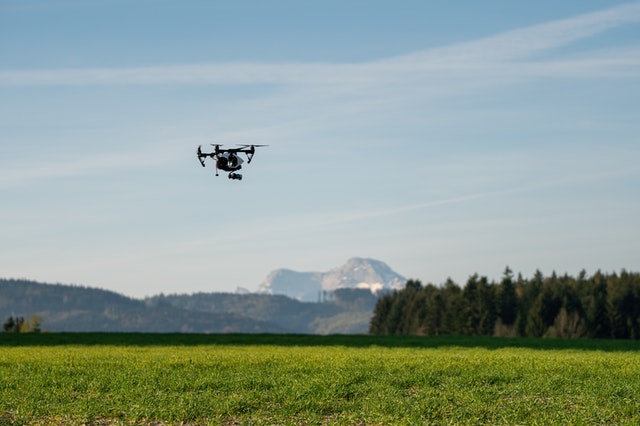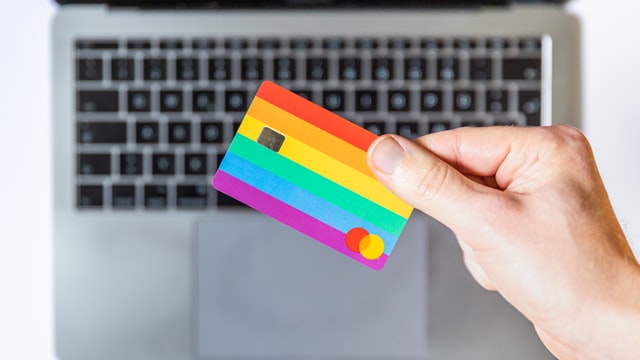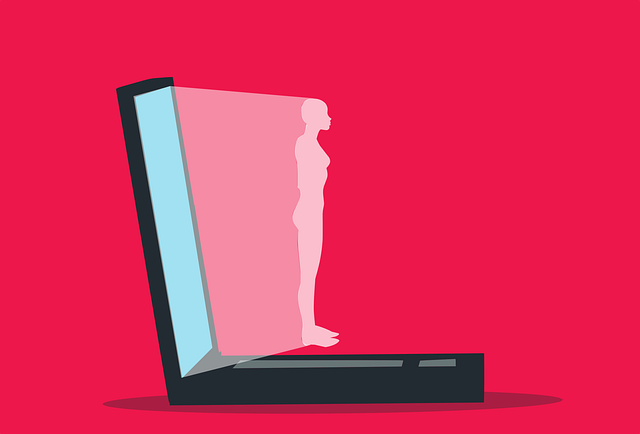From the so-called internet of things (IoT) emerges the Internet of Behaviour (IoB), as a logical consequence of the interconnection between everyday devices and our interaction with them, providing new sources of data.
Companies now have much more information about us that they can use in various ways to learn more about us consumers and even influence our decision-making.
As the number of smart devices around us increases, so does the application of the IoT and its potential to implement the IoB.
Index
- What is the Internet of behaviour (IoB)?
- What purpose does the IoB serve?
- How IOB is influencing consumer behaviour
- The potential of IoB for business
- IoT and IoB concerns
What is the Internet of behaviour (IoB)?
Within the so-called IoB we can identify three areas:
- Technology
- Data analysis
- Behavioural science
It is the collection of data by IoT devices that provides valuable information about users’ behaviours, interests and preferences.
For example, we can be users of a healthy lifestyle app, with which we can record our diet, sleep patterns or heart rate. The app can alert us to situations that are dangerous for our health. For example, if we are not sleeping enough hours, it can suggest changes in our habits to achieve a more beneficial result.
This is composed of a technological part based on the application’s functioning and ability to collect our data. Then, data analysis studies all that information to extract results.
Finally, through behavioural science, the results obtained are analysed. The objective is to establish a behavioural profile to get to know each individual better to influence their decision-making when presented with a new product or service that we want to sell.
? You may be interested in | 7 eCommerce Trends to Create a Successful Website
What purpose does the IoB serve?
Some of the things that companies can do with this data, for example, is to check the effectiveness of their campaigns or to measure citizen participation in certain initiatives.
The scope of this market is huge, and growing all the time. In 2019 alone, there were a staggering 27 billion smart devices used worldwide.
As companies learn more about us, through our data, they can influence our behaviour and decision-making through IoB.
Companies observe these behaviours and try to change our patterns to achieve our desired goals, but they also use that information to fulfil their interests, which in most cases is about selling us their products or services.
Consumers are reluctant to give their data away for free, but if sharing their data provides them with some kind of benefit, they are more flexible in their opinion.
? Related article | Advantages of Remote Working: will the Great Resignation be an opportunity?
How IOB is influencing consumer behaviour
As we have already seen, our behaviour can be extracted from the data we generate from interactions with our devices.
By knowing our behaviour we can study how to influence decision making both consciously and unconsciously.
1. Influencing and monitoring people’s behaviour
For example, you can monitor compliance with health protocols during a pandemic by leveraging the IoB to see if employees are wearing masks, or by identifying, through thermal sensors, those who have a fever.
2. Gather valuable customer data
A single device, e.g. a smartphone, can generate a large amount of real-time data (tracking our position, how, what and when we buy, etc.).
The collection of this information is used to personalise and enhance users’ shopping experiences. Uber uses certain of this data, such as information about drivers or trip preferences, to improve the user experience.
3. Offer data-driven offers
For example, car insurance companies may collect data such as distance travelled daily, number of hard braking events, airbag deployment, speed, etc. After evaluating the data, they set up different types of policies depending on the type of customer and associated risk.
? Recommended article | 7 Ways that Data Culture will Affect Businesses in the Future
The potential of IoB for business
Consumer behaviour and trends
It is important to be aware of these factors in order to have an advantage over the competition. Thanks to the growth of IoT, we can have a wealth of data that will allow us to know our customers and therefore help us to know what needs they need to solve through their consumption habits in a rapidly changing market.
Analysing consumer data and behaviour
It is not just a matter of collecting data. We need to know what data is interesting to collect and how to analyse it in order to obtain the right conclusions. That will allow us to run better campaigns, launch better products, etc. For this data analysis, many companies are turning to artificial intelligence, which is better able to handle such complex volumes of information and find useful correlations.
Figuring out how to apply data to your business decisions
In addition to choosing and analysing the right data, you also need to draw the right conclusions, to find patterns in consumer behaviour that will open up new market opportunities.
Improve the security of your data
Cybercriminals can access personal and confidential data such as bank access codes, etc. To prevent these actions, companies must keep up to date with cybersecurity protocols, be vigilant and proactive by regularly reviewing their systems and keeping their staff well trained and up to date.
✏️ Recommended article | Cybersecurity For Startups (A Step-By-Step Guide)
IoT and IoB concerns
The amount of data generated by this type of technology is enormous. Many companies are not prepared to handle this amount of information.
Besides, the security of this data also causes concerns and not infrequently security issues. It is estimated that only 48% of companies can detect security breaches in IoT devices.
Lack of security creates alarm and suspicion among a large proportion of customers. 78% of consumers are concerned about cybersecurity attacks and the exposure of their personal data.
The problem is not the IoT devices themselves, but the lack of security protocols and cybersecurity measures. This new form of information generation requires a change in our cultural and legal norms, which were established before the Internet and Big Data era and need to be urgently updated.


